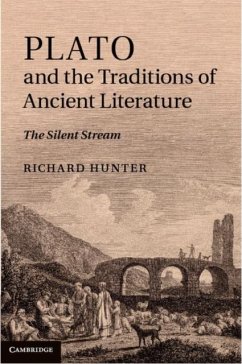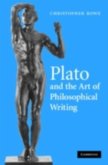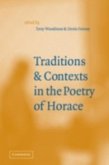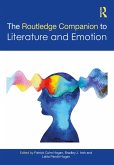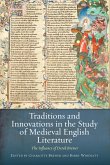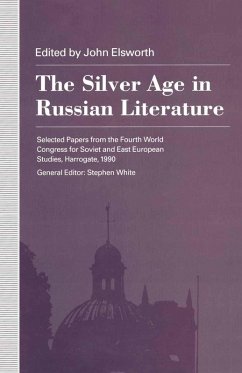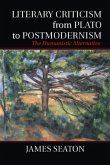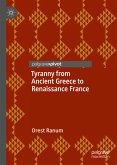Exploring both how Plato engaged with existing literary forms and how later literature then created 'classics' out of some of Plato's richest works, this book includes chapters on such subjects as rewritings of the Apology and re-imaginings of Socrates' defence, Plato's high style and the criticisms it attracted, and how Petronius and Apuleius threaded Plato into their wonderfully comic texts. The scene for these case studies is set through a thorough examination of how the tradition constructed the relationship between Plato and Homer, of how Plato adapted poetic forms of imagery to his philosophical project in the Republic, of shared techniques of representation between poet and philosopher and of foreshadowings of later modes of criticism in his Ion. This is a major contribution to Platonic studies, to the history of Platonic reception from the fourth century BC to the third century AD and to the literature of the Second Sophistic.
Dieser Download kann aus rechtlichen Gründen nur mit Rechnungsadresse in A, B, BG, CY, CZ, D, DK, EW, E, FIN, F, GR, HR, H, IRL, I, LT, L, LR, M, NL, PL, P, R, S, SLO, SK ausgeliefert werden.

